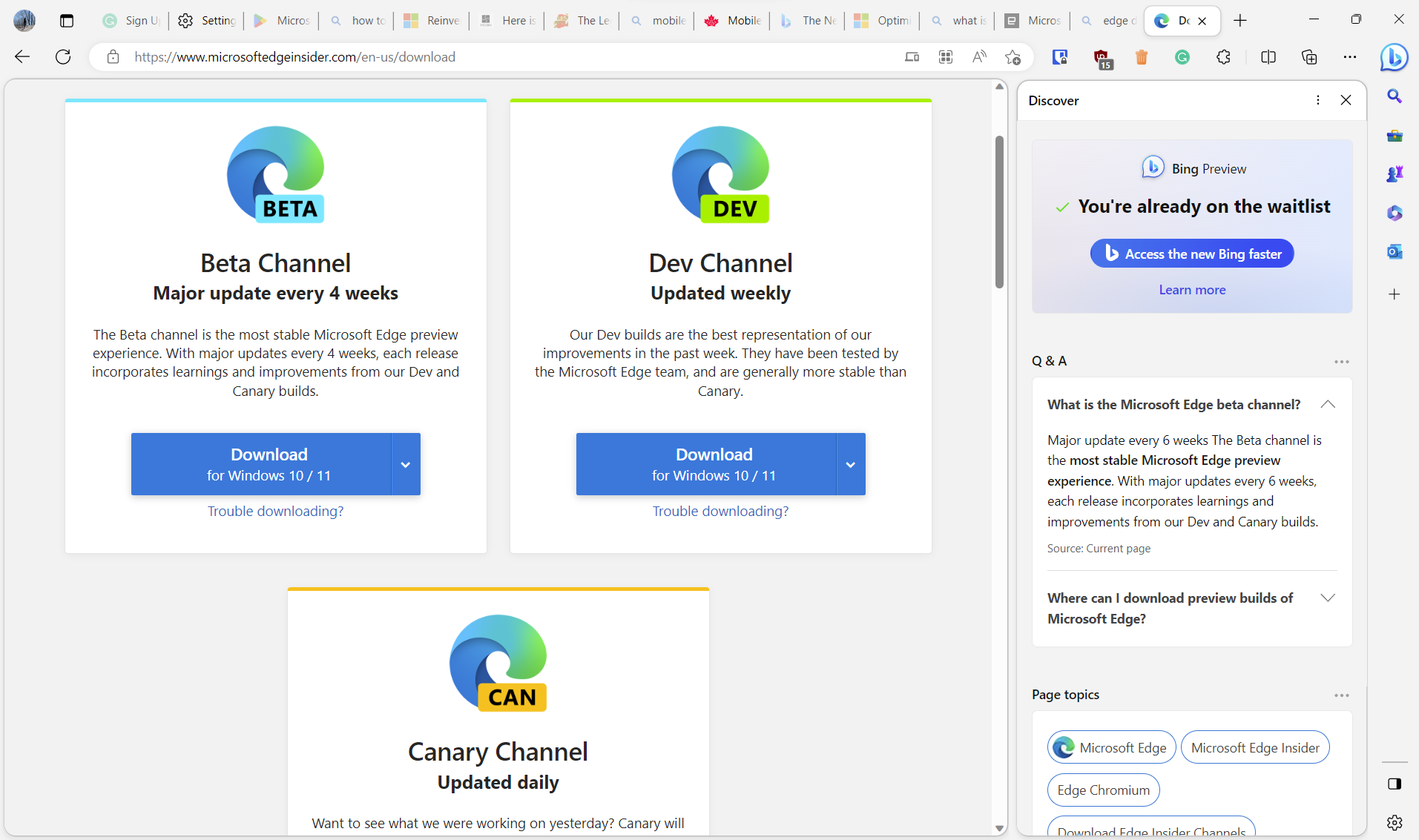Microsoft’s Bing Chat put the company’s Bing search engine back on the map, but now search engine startups warn Microsoft is trying to squeeze them out.
Wired reports that startups that previously relied on licensing search results from Bing feel that Microsoft is unfairly squeezing them out of the search space. The main squeeze is a financial one — a week after rolling out Bing Chat in February, Microsoft announced as much as a 10 times increase to standard fees for search data that would come into effect in May.
Another squeeze comes from new rules that the startups say block them from competing with Bing Chat or Google’s Bard by applying steeper fees on those who provide Bing results on a page that also has content from a large language model (LLM). The increase for LLM users is potentially 28 times the previous rate.
LLMs, for those unfamiliar, are the underlying technology behind Google’s Bard and OpenAI’s ChatGPT and GPT-4, which is what Bing Chat runs on.
Search startups using Microsoft data and hoping to add chat-style features told Wired that the cost would crush them. Plus, Microsoft doesn’t offer an API for its chatbot to customers (at least for now).
A Microsoft spokesperson told Wired that the price increase reflects the company’s investments to improve Bing, which includes using LLMs to help rank results. The company claims that has improved search quality more than any other upgrade in the last 20 years.
Bing has become essential to nearly every search startup trying to challenge Google, including DuckDuckGo and You.com. Wired notes that Yahoo stopped developing its own search engine tech in 2009 (and switch to licensing data from Bing), while Google’s comparable API can have differing results from Google’s own results and sometimes requires displaying ads.
As concerning as the price hike is, the new rules increasing prices for LLM use are even more worrying. Wired spoke with several search startups that expressed concern that Microsoft is trying to lock competitors out of what increasingly seems to be the future of search.
Source: Wired











